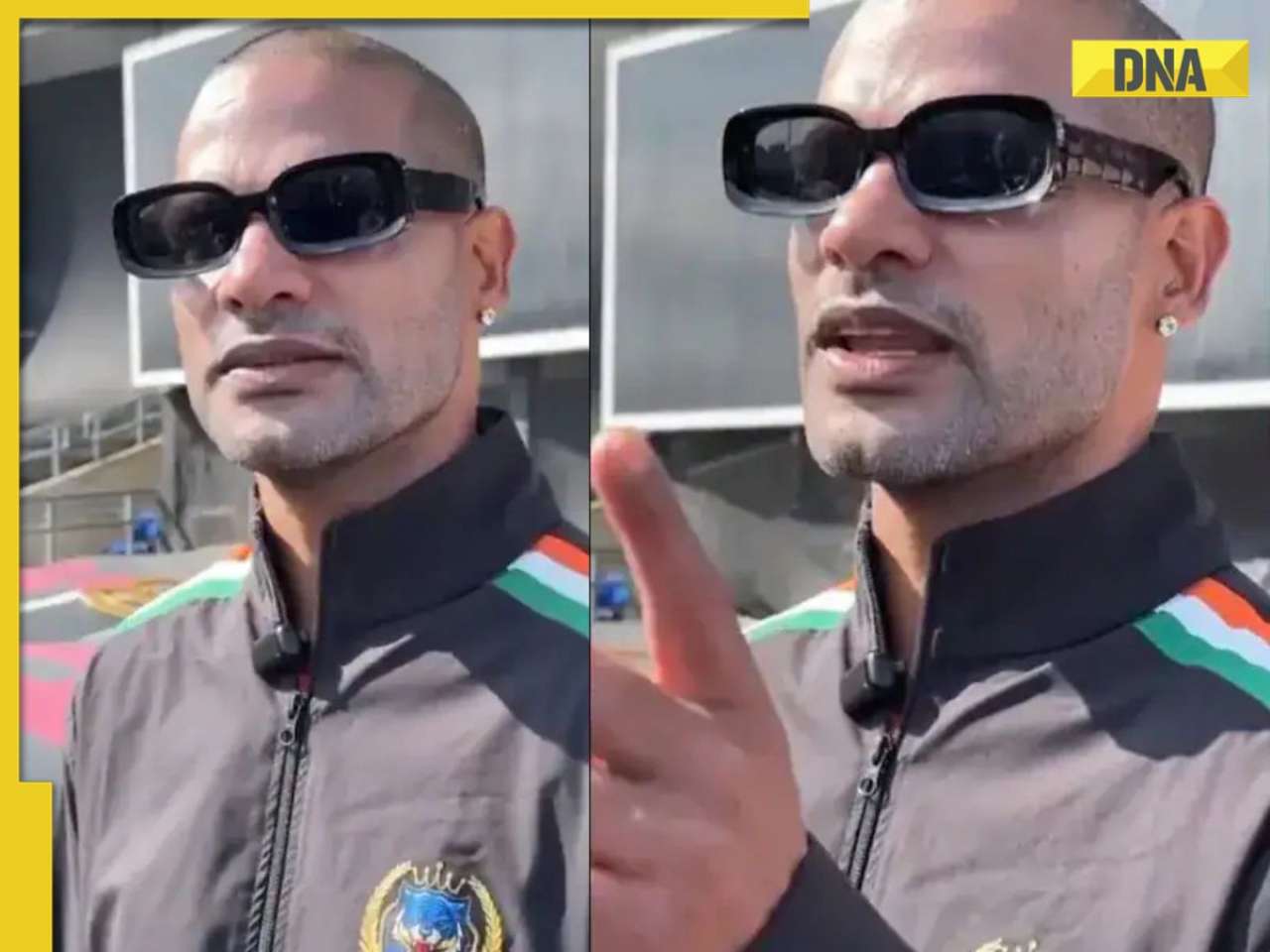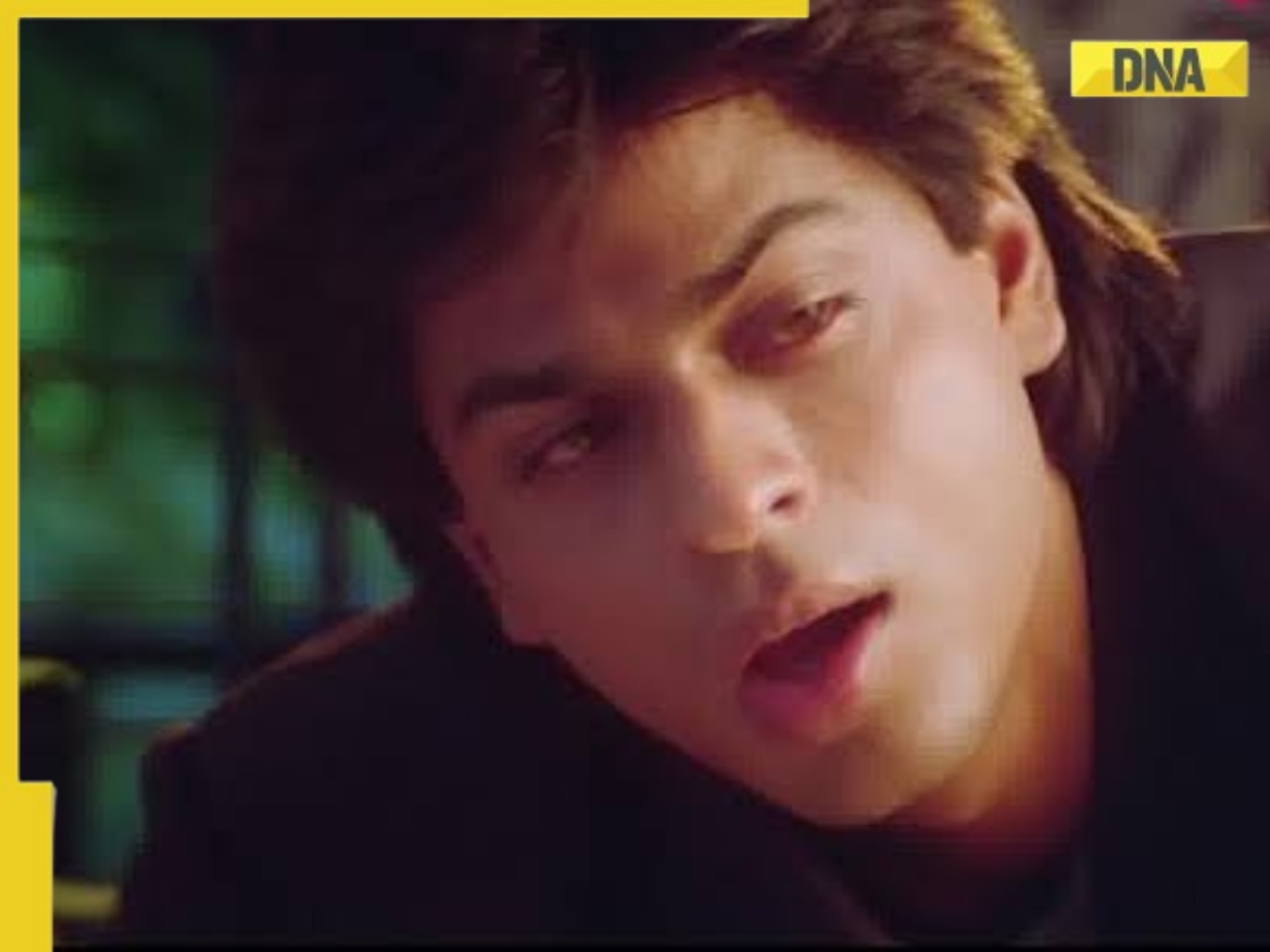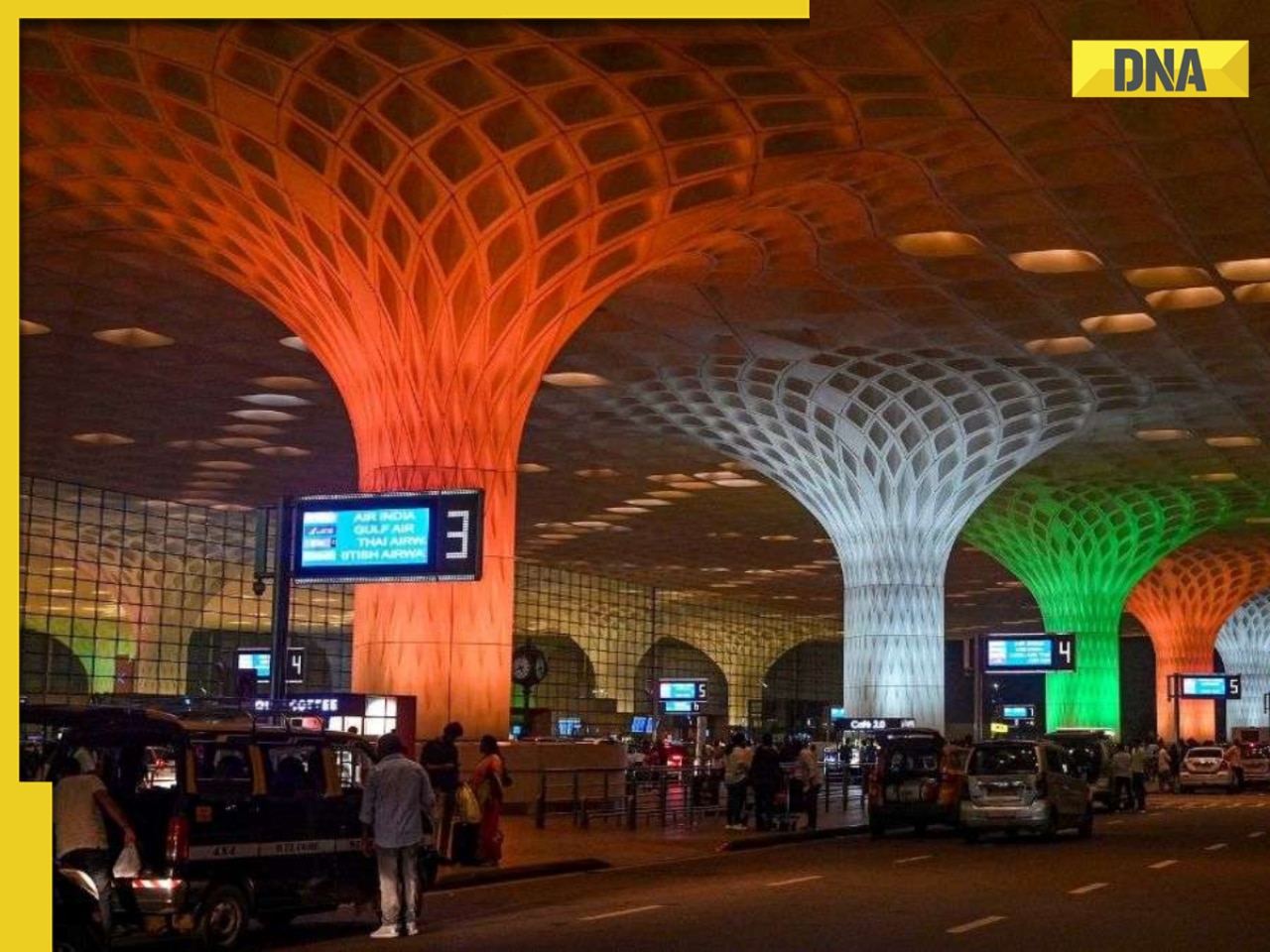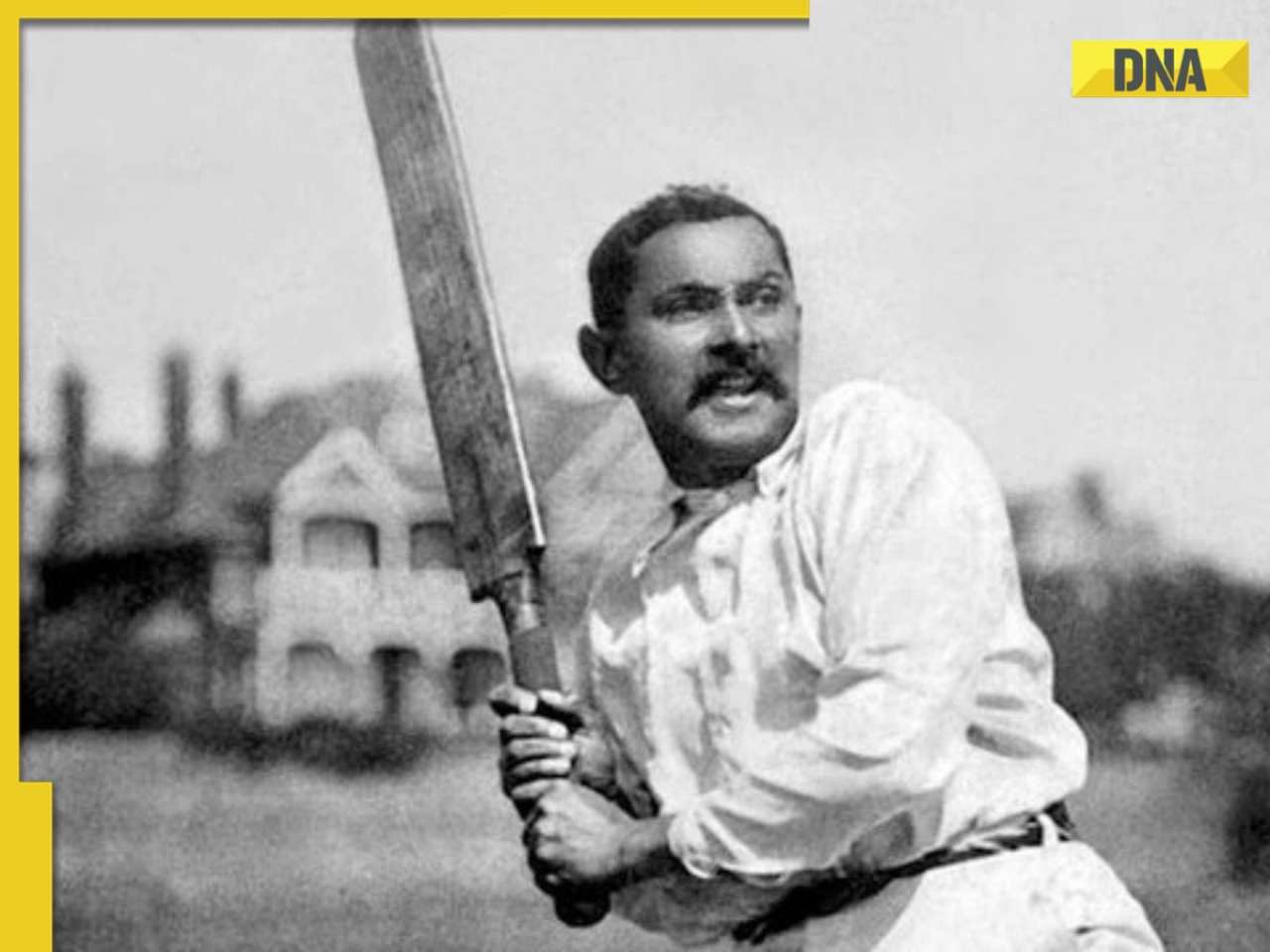The man received death threats and had to flee his country. He ended up in Australia, where he tried to build a new life through music.
For Indian cricket fans, the name Henry Olonga brings back a strong memory from the late 1990s. In the final of the 1998 Coca-Cola Cup in Sharjah, a young Zimbabwean fast bowler named Olonga was hit hard by none other than Sachin Tendulkar. Tendulkar smashed an unbeaten 124 off 92 balls, guiding India to a 10-wicket win. Olonga, who bowled six overs in that match, gave away 50 runs.
But there is much more to Olonga’s story than that one match. In 2003, during the Cricket World Cup, Olonga and his teammate Andy Flower wore black armbands in protest. They were speaking out against the “death of democracy” under Zimbabwe’s then-leader Robert Mugabe. That bold step led to serious consequences. Olonga received death threats and had to flee his country. He ended up in Australia, where he tried to build a new life through music.
Olonga’s music career hasn’t been easy. He even appeared on “The Voice” in 2019 but hasn’t found much success. Speaking to The Telegraph, he shared lyrics from a song he wrote in his cricketing days, expressing love and longing for Zimbabwe. Listening to that song now, he says, brings back painful memories.
He has not returned to Zimbabwe since going into exile. He hasn’t seen his father, who still lives in Bulawayo and is now in his mid-80s, for over 20 years.
Today, Olonga uploads songs to his YouTube channel and sings wherever he can. Recently, he has performed on cruise ships. “Some people think cruise ships are where singers go when they haven’t made it anywhere else,” he said. “But I don’t have an ego. I sing in retirement homes, in front of school kids, and even in small bars with only three people. I just love to sing.”
Besides singing, he has worked as a public speaker, a boat cleaner, and more. “My life might look boring to some, but it’s honest. I stay out of trouble,” he added.
Olonga once considered returning when Mugabe was overthrown in 2017, but never did. “It’s too hard now,” he says. “I live in Adelaide. I’ve started a new life. I think like a Westerner now.”
Find your daily dose of All
Latest News including
Sports News,
Entertainment News,
Lifestyle News, explainers & more. Stay updated, Stay informed-
Follow DNA on WhatsApp.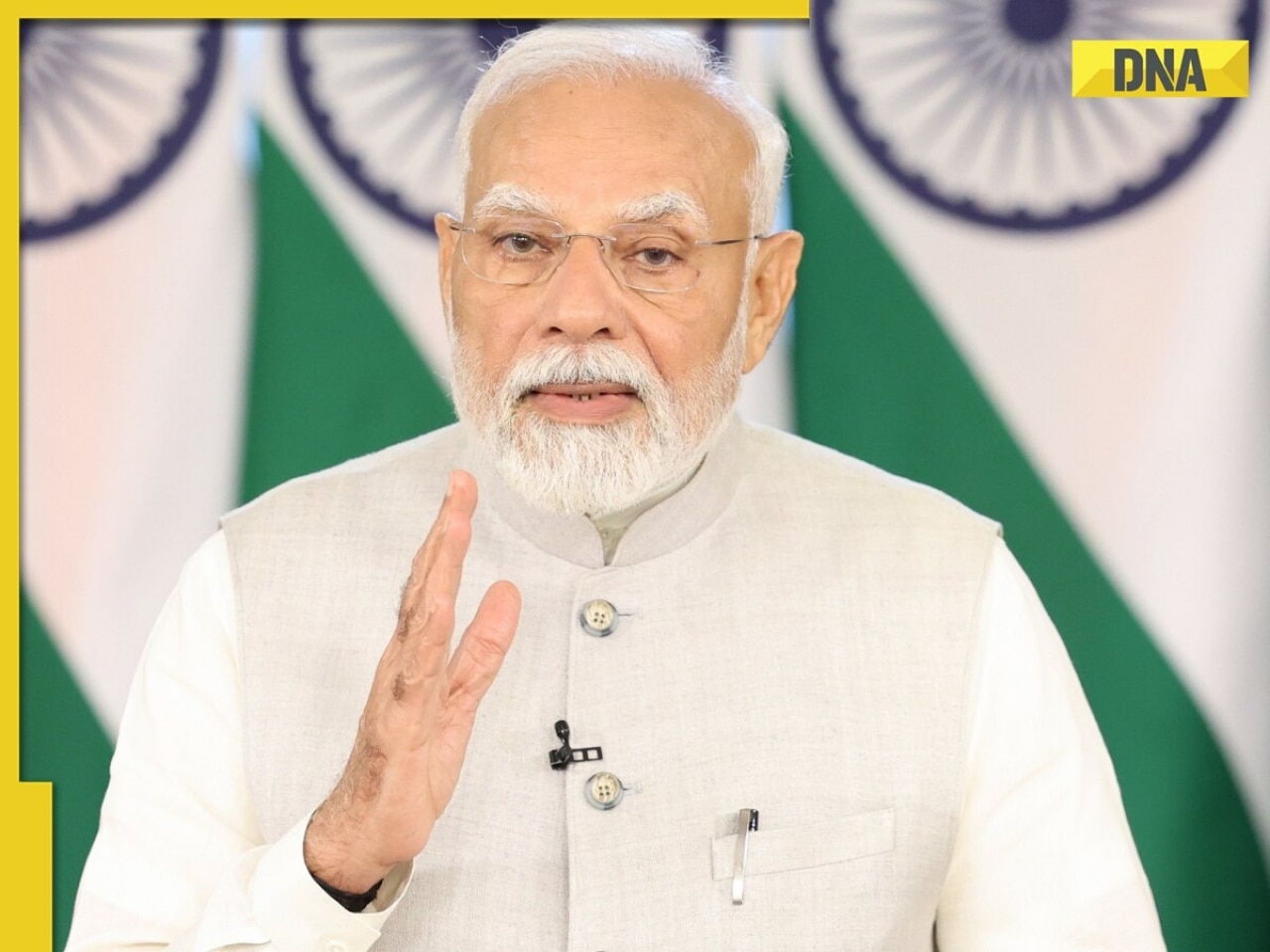 'Historic initiative': PM Modi makes BIG announcement, launches mission for digitisation of...
'Historic initiative': PM Modi makes BIG announcement, launches mission for digitisation of... Delhi NCR weather: In relief from heat, IMD forecasts rain with thunderstorm on...
Delhi NCR weather: In relief from heat, IMD forecasts rain with thunderstorm on... Germany: 3 killed, several injured as passenger train derails, here's what we know so far
Germany: 3 killed, several injured as passenger train derails, here's what we know so far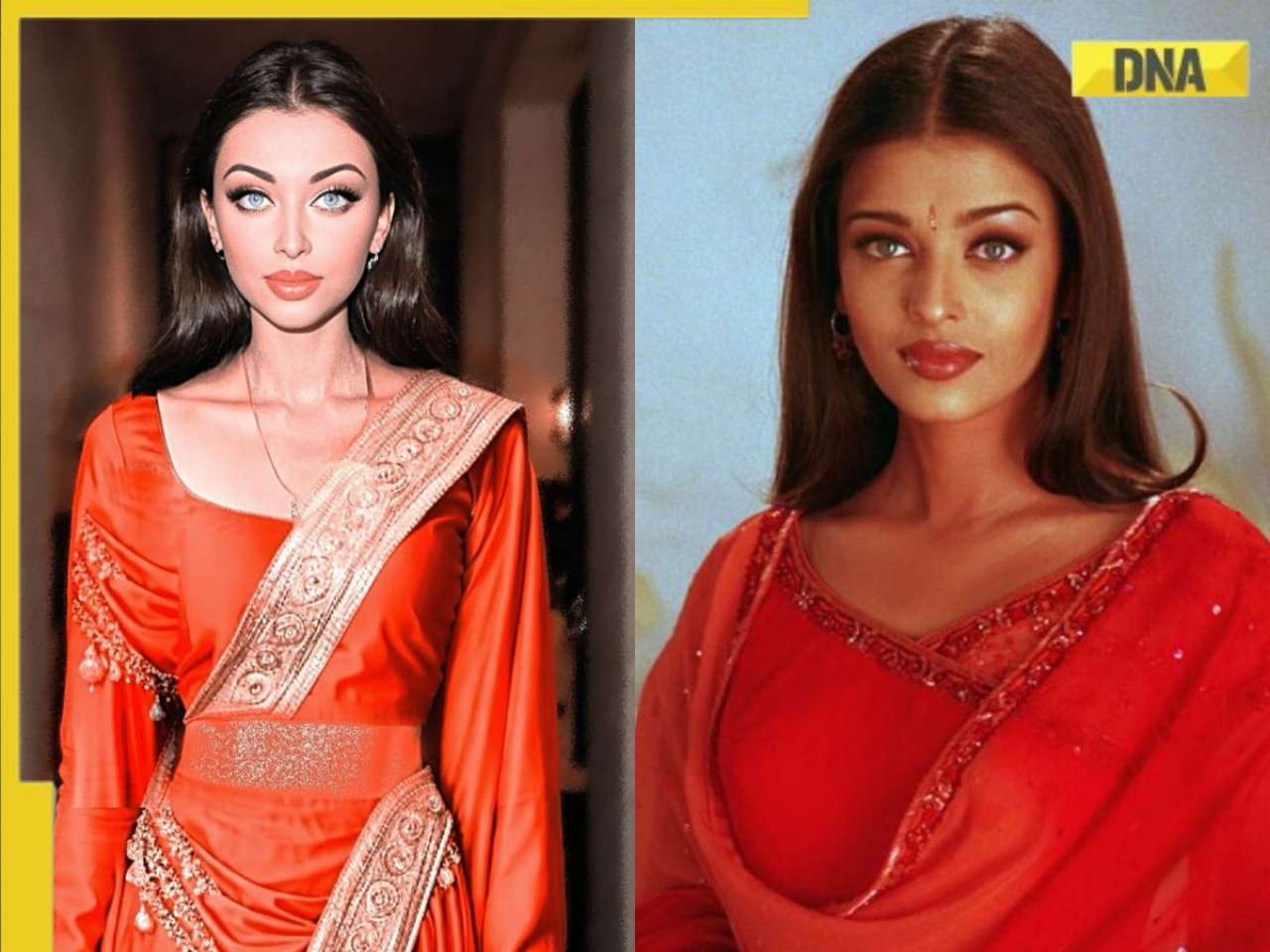 'Yeh toh Aishwarya Rai ki judwaa bhen nikli': Meet Aamna Imran, Pakistani doppelganger of Bollywood star, stunned internet with resemblance
'Yeh toh Aishwarya Rai ki judwaa bhen nikli': Meet Aamna Imran, Pakistani doppelganger of Bollywood star, stunned internet with resemblance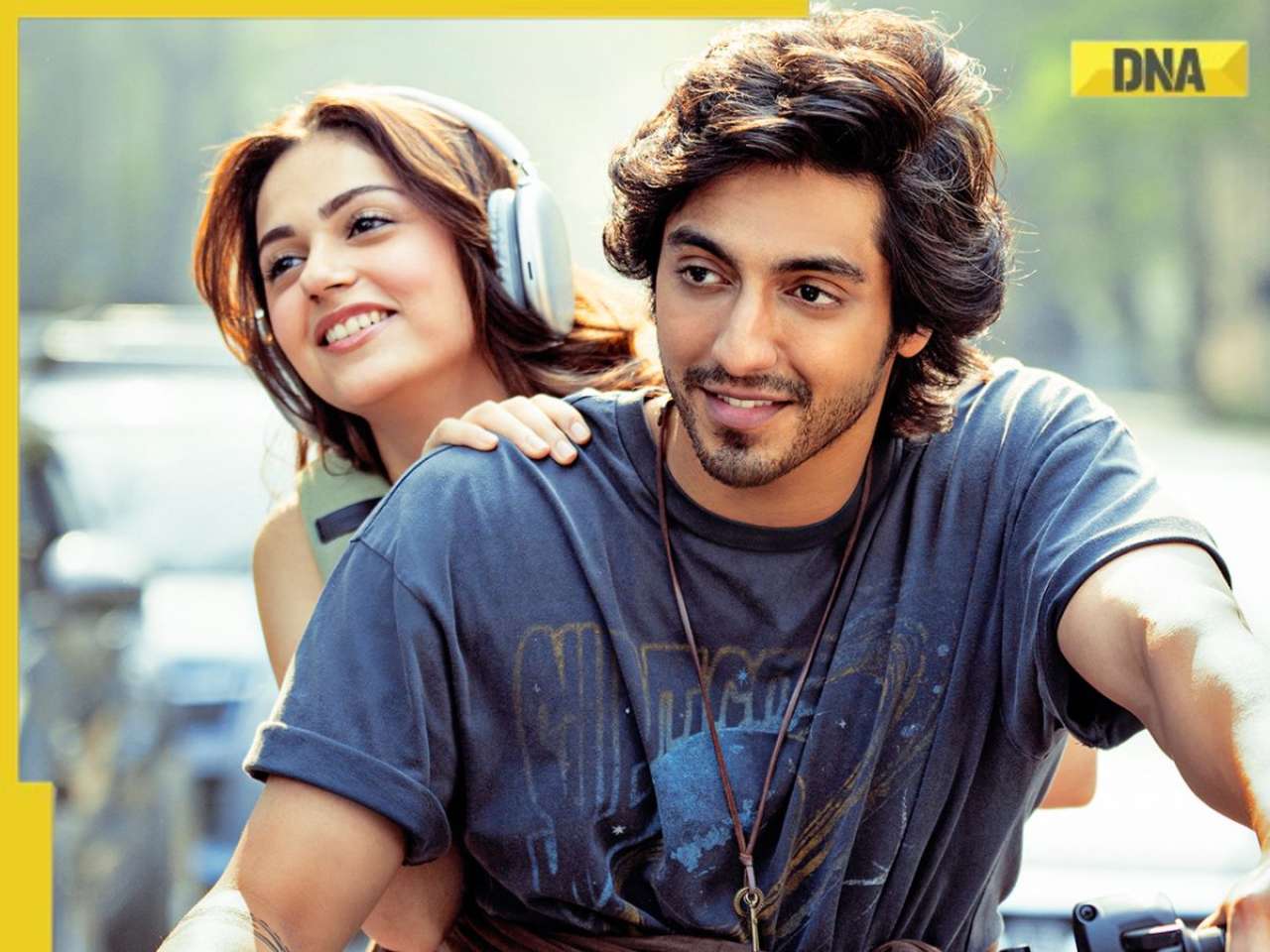 Saiyaara box office collection day 10: Aneet Padda, Ahaan Panday score 2nd highest-grossing Bollywood film of 2025, crosses Rs 350 crore
Saiyaara box office collection day 10: Aneet Padda, Ahaan Panday score 2nd highest-grossing Bollywood film of 2025, crosses Rs 350 crore 7 stunning images of Galactic 'Fossil' captured by NASA
7 stunning images of Galactic 'Fossil' captured by NASA Other than heart attacks or BP : 7 hidden heart conditions triggered by oily foods
Other than heart attacks or BP : 7 hidden heart conditions triggered by oily foods 7 most captivating space images captured by NASA you need to see
7 most captivating space images captured by NASA you need to see AI-remagined famous Bollywood father-son duos will leave you in splits
AI-remagined famous Bollywood father-son duos will leave you in splits 7 superfoods that boost hair growth naturally
7 superfoods that boost hair growth naturally Tata Harrier EV Review | Most Advanced Electric SUV from Tata?
Tata Harrier EV Review | Most Advanced Electric SUV from Tata? Vida VX2 Plus Electric Scooter Review: Range, Power & Real-World Ride Tested!
Vida VX2 Plus Electric Scooter Review: Range, Power & Real-World Ride Tested! MG M9 Electric Review | Luxury EV with Jet-Style Rear Seats! Pros & Cons
MG M9 Electric Review | Luxury EV with Jet-Style Rear Seats! Pros & Cons Iphone Fold: Apple’s iPhone Fold Could Solve Samsung’s Biggest Foldable Problem | Samsung Z Fold 7
Iphone Fold: Apple’s iPhone Fold Could Solve Samsung’s Biggest Foldable Problem | Samsung Z Fold 7 Trump News: Congress Seeks Answers On Trump's Alleged Mediation In Operation Sindoor
Trump News: Congress Seeks Answers On Trump's Alleged Mediation In Operation Sindoor Elon Musk's Optimus gets tough competition, Chinese company unveils athletic humanoid robot, costs Rs...
Elon Musk's Optimus gets tough competition, Chinese company unveils athletic humanoid robot, costs Rs...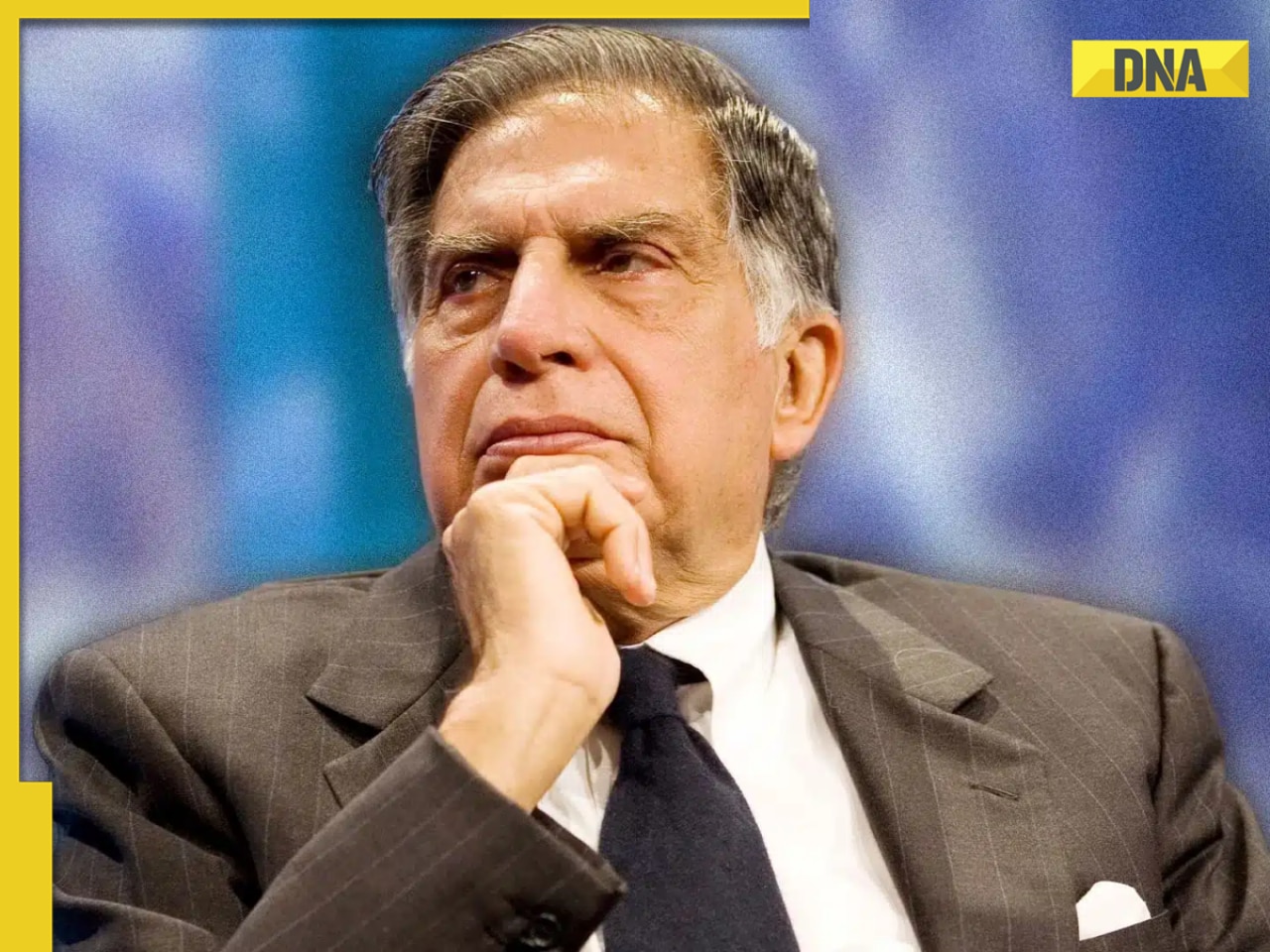 Bad news for TCS employees, Ratan Tata's company to lay off these many workers: 'One of the toughest decisions'
Bad news for TCS employees, Ratan Tata's company to lay off these many workers: 'One of the toughest decisions' Amazon announces Great Freedom Sale, get up to 80 per cent discounts on..., check date here
Amazon announces Great Freedom Sale, get up to 80 per cent discounts on..., check date here  6 major rules changing from August 1, 2025: How they will impact your pocket
6 major rules changing from August 1, 2025: How they will impact your pocket THIS rival company of Elon Musk's Tesla EV launches its first ever showroom in Surat, Gujarat, its premium models are...
THIS rival company of Elon Musk's Tesla EV launches its first ever showroom in Surat, Gujarat, its premium models are... From Queen to Cocktail: 5 Bollywood films that help you heal after a breakup
From Queen to Cocktail: 5 Bollywood films that help you heal after a breakup Meet 5 brilliant Indian teens who built multi-crore startups before turning 20
Meet 5 brilliant Indian teens who built multi-crore startups before turning 20 Chef Sanjeev Kapoor shares 3 affordable tomato substitutes for Indian dishes
Chef Sanjeev Kapoor shares 3 affordable tomato substitutes for Indian dishes Bollywood friendships that rewrote the rules of 'ladka-ladki kabhi dost nahi ho sakte'
Bollywood friendships that rewrote the rules of 'ladka-ladki kabhi dost nahi ho sakte' From Vicky-Katrina to Alia-Ranbir: 5 Bollywood stars who proved crushes can turn into real-life marriages
From Vicky-Katrina to Alia-Ranbir: 5 Bollywood stars who proved crushes can turn into real-life marriages 'Historic initiative': PM Modi makes BIG announcement, launches mission for digitisation of...
'Historic initiative': PM Modi makes BIG announcement, launches mission for digitisation of... Taking this common acidity medicine? India's top drug regulator says it may cause cancer, orders probe
Taking this common acidity medicine? India's top drug regulator says it may cause cancer, orders probe Parliament Monsoon Session: Lok Sabha to discuss 'Op Sindoor' tomorrow, PM Modi likely to be present
Parliament Monsoon Session: Lok Sabha to discuss 'Op Sindoor' tomorrow, PM Modi likely to be present 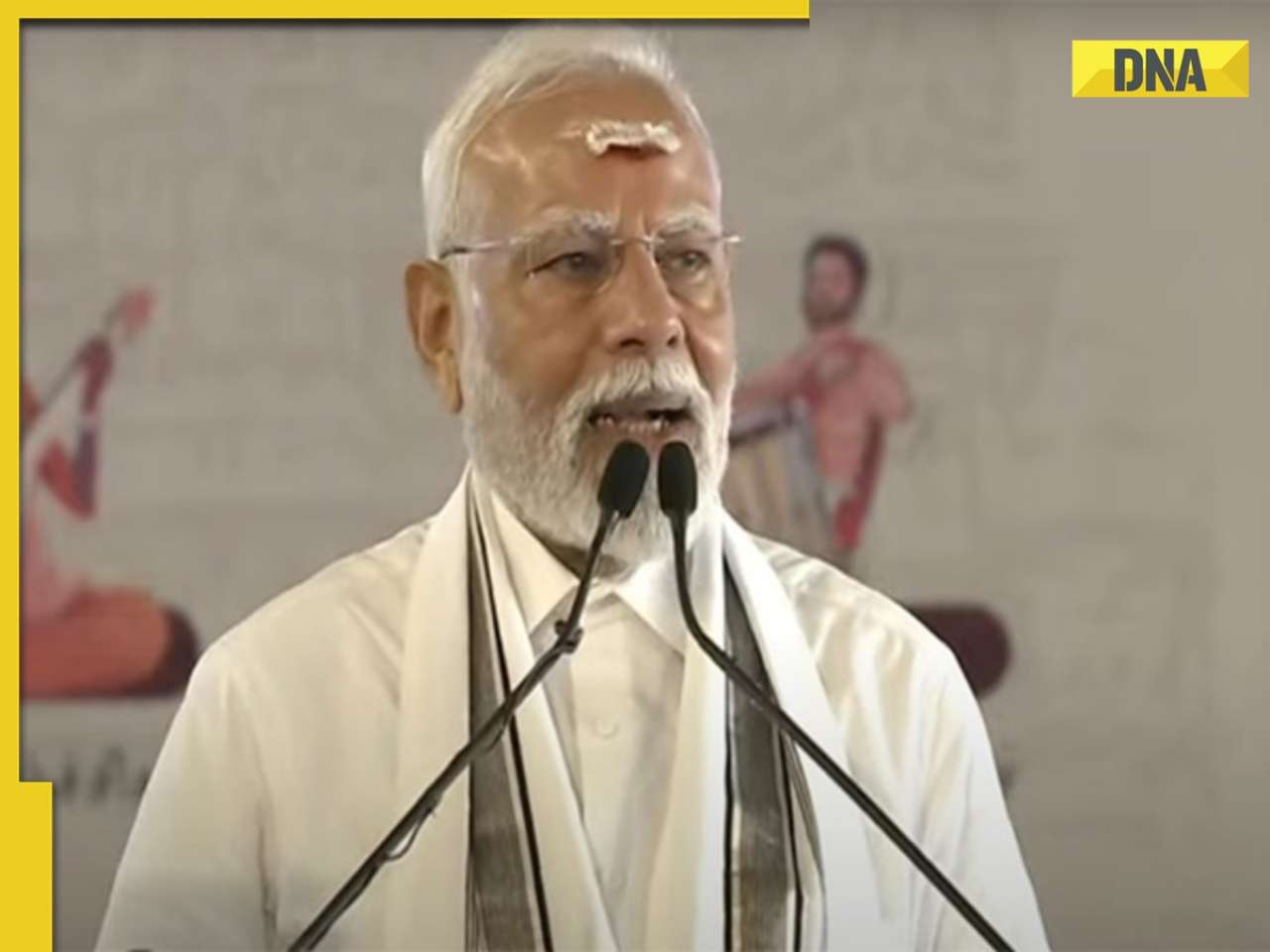 PM Modi's BIG statement on 'Operation Sindoor', says, 'No safe heaven for India's enemies and...'
PM Modi's BIG statement on 'Operation Sindoor', says, 'No safe heaven for India's enemies and...' Massive row over IND vs PAK Asia Cup clash months after Operation Sindoor: 'Stop profit over blood...'
Massive row over IND vs PAK Asia Cup clash months after Operation Sindoor: 'Stop profit over blood...' Meet IAS Ansar Shaikh's wife, who is as beautiful as Bollywood actress, is popular on social media, she works as...
Meet IAS Ansar Shaikh's wife, who is as beautiful as Bollywood actress, is popular on social media, she works as... IIM CAT 2025 notification released at iimcat.ac.in, know registration process, exam date, other details
IIM CAT 2025 notification released at iimcat.ac.in, know registration process, exam date, other details RRB ALP EXAM 2025 Update: Notification on re-conduct Of CBAT released; all you need to know
RRB ALP EXAM 2025 Update: Notification on re-conduct Of CBAT released; all you need to know CBSE class 10th, 12th Supplementary Result 2025 to be released at cbse.gov.in, know how to download, other details
CBSE class 10th, 12th Supplementary Result 2025 to be released at cbse.gov.in, know how to download, other details  After IAS Jagrati Awasthi, marksheet of UPSC topper AIR 3 Donuru Ananya Reddy goes viral, she scored highest in...
After IAS Jagrati Awasthi, marksheet of UPSC topper AIR 3 Donuru Ananya Reddy goes viral, she scored highest in... Maruti Suzuki's e Vitara set to debut electric market at Rs..., with range of over 500 km, to launch on...
Maruti Suzuki's e Vitara set to debut electric market at Rs..., with range of over 500 km, to launch on... This is world’s most expensive wood, cost of 1kg wood is more than gold, its name is..., is found in...
This is world’s most expensive wood, cost of 1kg wood is more than gold, its name is..., is found in... This luxury car is first choice of Indians, even left BMW, Jaguar, Audi behind in sales, it is...
This luxury car is first choice of Indians, even left BMW, Jaguar, Audi behind in sales, it is... Kia India unveils Carens Clavis: Check features, design changes, price and more; bookings open on...
Kia India unveils Carens Clavis: Check features, design changes, price and more; bookings open on... Tesla CEO Elon Musk launches most affordable Cybertruck, but it costs Rs 830000 more than older version, it is worth Rs...
Tesla CEO Elon Musk launches most affordable Cybertruck, but it costs Rs 830000 more than older version, it is worth Rs...




)
)
)
)
)
)
)
)
)
)
)
)
)
)
)
)
